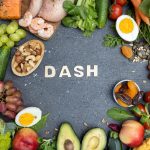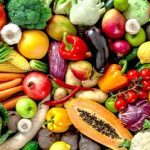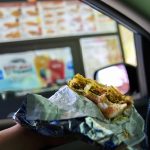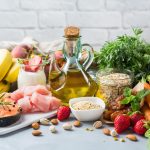
A Texas-based education initiative has found that enrolling children in poor communities in gardening and cooking classes may help boost their long-term health. Called “Texas Sprouts,” the program covered one full academic year and exposed elementary school children in 16 low-income schools access to outdoor gardening instruction, nutrition information and cooking lessons. Parents were offered similar classes. The end result? Among the kids, there was a notable post-class drop in the risk for becoming pre-diabetic and diabetic, as measured by lower blood sugar levels, and lower “bad” cholesterol levels. “We know that diets high in added sugar, specifically sugar-sweetened beverages, are linked to higher risk of type 2 diabetes in children, teens and adults,” explained study author Jaimie Davis, an associate professor of pediatrics at the University of Texas at Austin. “We wanted to design and evaluate an intervention that taught kids to garden and cook in a school setting [focused] on diet, obesity and type 2 diabetes risk factors,” she noted. The goal, said Davis, was to influence dietary habits by “essentially teaching kids where their food comes from and how to grow and cook with it.” The idea is that “if kids have ownership and autonomy over what they eat, they are more likely to have increased preference for that food and this preference can last a lifetime,” she added. All of the… read on > read on >





























-300x200.jpg)







-300x169.jpg)
